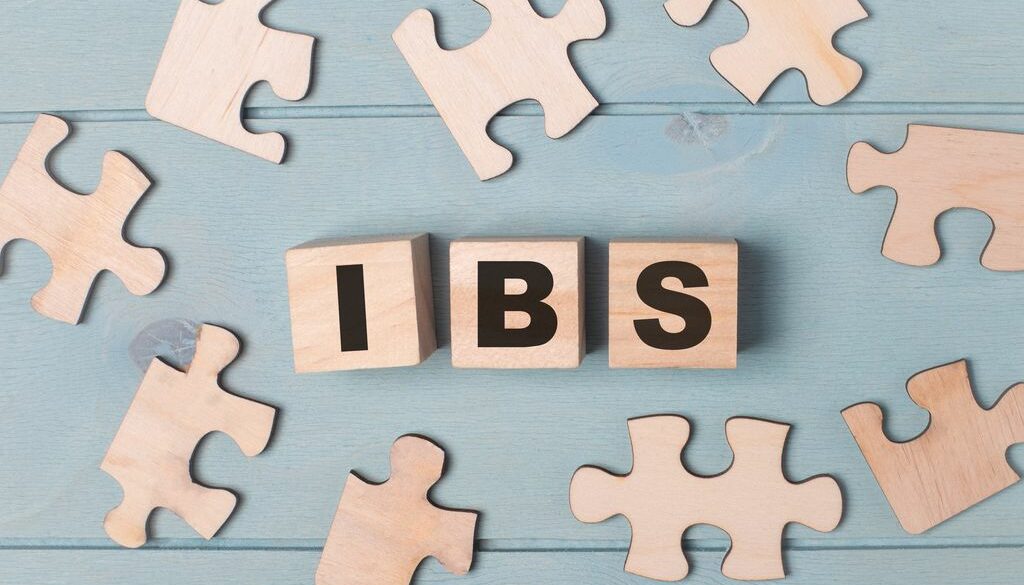Irritable Bowel Syndrome Foods to Avoid
Everyone gets bloating, constipation, or diarrhea once in a while. But when these symptoms become more intense and consistent, they could be indicators of irritable bowel syndrome (IBS). Management of IBS depends upon following dietary guidelines, reducing stress and working closely with one of our gastroenterologists in Raleigh.
In this blog, we’ll explore more about IBS and also take a look at irritable bowel syndrome foods to avoid and other practical tips and treatments for the condition.
Irritable Bowel Syndrome Foods to Avoid
There are several foods you should avoid if you have irritable bowel syndrome. These include:
- Foods and drinks that can cause excessive gas, such as carbonated beverages. Other foods that can cause gas include:
- Broccoli
- Brussels sprouts
- Beans
- Lentils
- Lactose, which is a sugar found in milk
- Gluten, which is found in wheat, rye and barley. This includes:
- Bread
- Beer
- Pasta
- Some soups
- Baked goods
- Cereal
- FODMAPs, which is a term for certain carbohydrates. These include lactose, fructans and fructose. Examples include:
- Wheat
- Garlic
- Onions
- Fruits
- Asparagus
- Beets
- You should avoid any foods that trigger your symptoms. This may vary from person to person.
If you’d like more information on the foods to avoid, just contact our Raleigh gastroenterologists for an appointment.
Foods That Can Help with Irritable Bowel Syndrome
We’ve talked about irritable bowel syndrome foods to avoid, but are there any foods that can actually help with IBS?
This is difficult to answer because everyone is different. Food may be effective for one individual and not for the other. However, we can make some generalizations.
- Lean white meats, such as chicken or turkey
- Fish high in in Omega-3 fatty acids, such as salmon, sardines, tuna and whitefish
- Low FODMAP greens, like eggplant, green beans and celery
- Low FODMAP fruits, like bananas, blueberries and cantaloupe
7 Signs of Irritable Bowel Syndrome (IBS)
There are several signs that could indicate that you have IBS. They include:
- Abdominal pain
- Bloating
- Cramping
- Gas
- Diarrhea
- Constipation
- Both diarrhea and constipation
What Causes Irritable Bowel Syndrome? Irritable Bowel Syndrome Foods to Avoid
This common disorder impacts your large intestine, causing the signs and symptoms of IBS listed above. Fortunately, few of those with IBS have very severe symptoms, and it doesn’t appear to increase your colorectal cancer risk.
You should be aware of foods to avoid, because these can cause episodes of IBS
Research is ongoing to pinpoint the exact cause of IBS. However, most physicians believe irritable bowel syndrome is primarily caused by:
Intestinal Muscle Contractions
It’s normal for your intestines to contract in order to move digested food through your systems. However, in some people, these contractions last longer—and are stronger—than normal.
The resulting gas and bloating can cause IBS. If you eat irritable bowel syndrome foods to avoid–such as those that cause gas–it can trigger additional complications.
Nervous System Issues
When you digest food, your abdomen stretches. If you have abnormalities in the digestive system nerves, the result is pain, constipation, or even diarrhea. Irritable bowel syndrome foods to avoid can also cause problems that make your nervous system issues worse.
Stressful Events
Excessive stress can cause IBS, particularly if you experienced those stressful events early in life. Studies have shown that those who have experienced stressful events during their childhood have more IBS symptoms.
Infections
Conditions such as diarrhea or bacterial overgrowth in the intestines can lead to an infection. As a result, you can develop IBS.
Microbe Changes
Your gut contains a careful balance of microbes. If there is a change in fungi or bacteria, it could cause IBS.
How Is IBS Treated?
Fortunately, there are several treatments available for those with IBS. In many cases, some diet and lifestyle changes are all that is needed.
Treatments for IBS include:
- Fiber supplements or laxatives if you’re constipated
- Anti-diarrheal medications—typically over-the-counter medicines are all that are needed.
- Antidepressant medications. Depression can contribute to the stress that can exacerbate IBS. Antidepressants not only help elevate your mood, but they can also inhibit intestinal neurons to reduce pain.
It can also be treated by having a good idea of which irritable bowel syndrome foods to avoid.
Is Having IBS Serious?
While IBS can be frustrating and uncomfortable to manage, it is typically not serious. Usually, it does not lead to cancer or other serious diseases. Through working with our gastroenterologists in Raleigh, we can monitor and treat your IBS. A key part in this is knowing which irritable bowel syndrome foods to avoid.
Can IBS Be Cured?
While IBS can’t be cured per se, mild cases are often controlled by making lifestyle and diet changes. You should also be aware of irritable bowel syndrome foods to avoid. By making these dietary changes, you can reduce the frequency and severity of symptoms.
If You Have IBS, Our Raleigh Gastroenterologists Can Help
While there may be no cure for IBS, we can help you control the symptoms. A big part of treatment includes knowing what irritable bowel syndrome foods to avoid.
Our board-certified gastroenterologists in Raleigh have decades of experience in offering the best state-of-the-art care coupled with compassionate medicine. We’ll always take time to listen to you and answer all your questions.
With convenient locations across Wake, Johnston, Vance and Wilson counties, we offer the latest procedures and treatment geared toward helping our patients maintain their quality of life.
If you have the symptoms of IBS, or you want to know what irritable bowel syndrome foods to avoid, please contact us today so we can help you.

